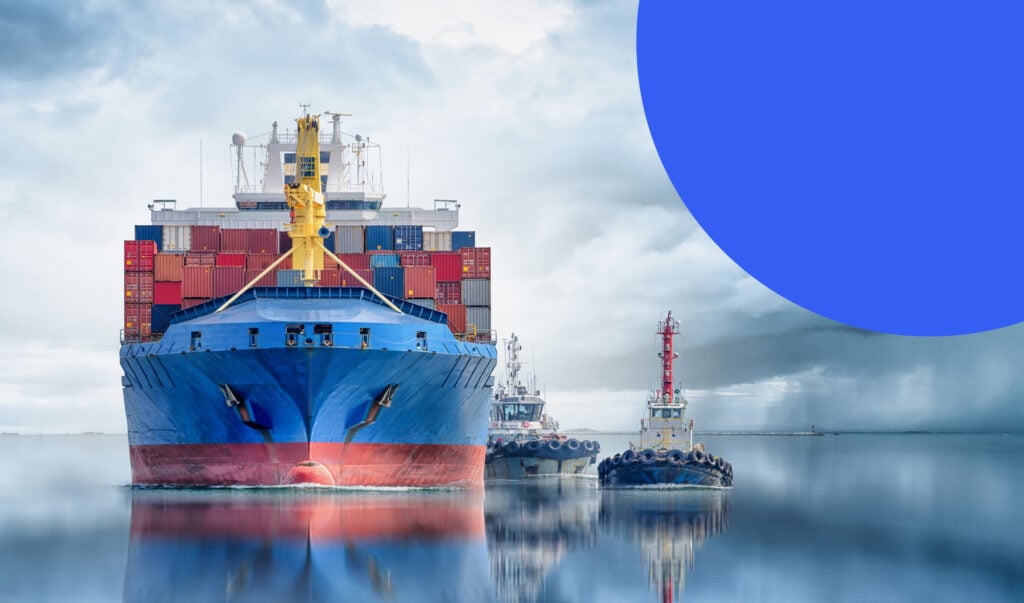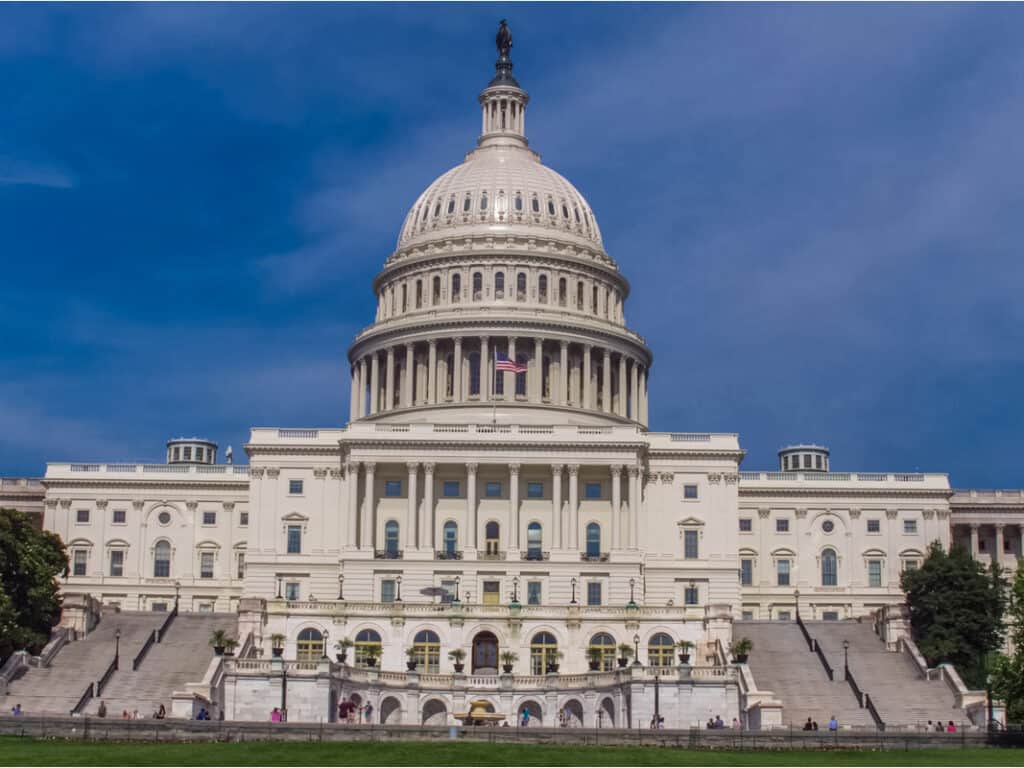How to Drive CSR Goals in Your Supply Chain
Corporate social responsibility is both a business imperative and, increasingly, a legal requirement. Expectations extend to companies’ supply chains, where social and environmental risks can increase. Learn how to accelerate corporate social responsibility goals in your supply chain to support organisational and operational success.
CSR is an organisation’s commitment to a responsible approach towards the people, communities and the environments it operates within. This commitment should be reflected in a company’s supply chain management approach, where large international businesses can empower their suppliers to improve social and ethical practices.
But with supply chains today spanning multiple countries and facilities, it can be challenging to shape and scale supply chain CSR initiatives. Companies will benefit from leveraging in-depth data, close collaboration with suppliers and scalable technology to enable accurate decision-making and reporting.
Why drive CSR in supply chains?
- Comply with legislation: New laws around the world, from the EU’s Corporate Sustainability Due Diligence Directive to Canada’s modern slavery Act, require companies to take responsibility for social risks in their supply chains as well as their own operations.
- Safeguard operational resilience: Issues such as poor health and safety or exploitative working conditions can have a direct, negative impact on operational factors like error rates and worker absenteeism due to injuriesi. Supporting suppliers and local communities helps to ensure a capable, available workforce.
- Accelerate sustainability goals: Drive progress towards a company’s own sustainability commitments by supporting improvements in a supply chain. For example, a company’s Scope 3 emissions are likely to be far higher than their Scope 1 or 2 emissionsii – the supply chain represents the greatest opportunity for significant progress.
- Protect and enhance brand reputation: Consumers increasingly demand more sustainable products from favoured brands, and are willing to spend almost 10% more for ethical goods (PwC, 2024). Conversely, reputational crises linking brands to exploitation in supply chains can bring financial damages both in lost revenue and in legal penalties.

Learn more about CSR and sustainable supply chains.
Four strategies to progress supply chain CSR
Build supply chain visibility through in-depth data
Mapping suppliers’ locations, practices and activities supports both CSR compliance and procurement goals – from effective risk management and responsible sourcing to operational efficiency.
Leverage intelligent solutions, such as Sedex’s data platform, to capture, analyse and manage supplier data on a global scale. Deploying Sedex’s solutions could reduce a company’s supply chain sustainability labour management costs by up to 70%.
Proactively manage social and ethical risks
Social concerns like modern slavery, corruption and poor occupational health and safety can be risks both in companies’ own operations and their supply chains. Many businesses also have specific CSR initiatives on areas such as gender equality, work-life balance, competitive wages or employee health.
Demonstrate meaningful progress to consumers and other stakeholders by driving these goals in supply chains. Through tech-powered risk assessments, businesses can identify where particular ethical and social concerns are highest-risk across a global supply chain and prioritise proactively tackling these. Improvements demonstrate success both in CSR commitments and operational supply chain goals such as risk mitigation.
Addressing sustainability impacts and risks in supply chains is also an important requirement under many laws, such as Modern Slavery Acts and the EU’s corporate sustainability regulations – so this proactivity also aids compliance efforts.
Identify mutually beneficial value creation opportunities
Utilising CSR reporting as a framework for looking into suppliers’ practices can uncover numerous opportunities for value creation. These include:
- Innovating together to develop new products, services or operations that use materials more efficiently or last longer, and satisfy consumers’ demands for more sustainable products.
- Spotting efficiency opportunities, for example in energy usage – enabling Scope 3 emissions reduction, cost-saving and more environmentally sustainable procurement practices.
Sedex’s comprehensive, data-driven tool to assess suppliers’ and sites’ practices across ESG areas enables companies to analyse and benchmark performance. Through these insights, procurement leaders can see underperforming or higher-risk suppliers to drive improvements and simultaneously identify best-in-class suppliers to draw successful practices from.
Building resilient ecosystem partnerships
Strong, resilient partnerships with suppliers, industry peers and other organisations across a supply chain are essential for widespread progress on CSR goals.
By sharing commitments, insights and resources, businesses across supply chains can enhance their efforts through collaboration and collectively funding more ambitious solutions. For example, several UK retailers including Sedex members have a joint initiative to improve living wages in their shared supply chain for bananas.
Through Sedex’s global data Platform and Community of more than 85,000 businesses, our customers connect with each other to share CSR data, discuss challenges and solutions to critical sustainability concerns, and build new partnerships to drive their social responsibility goals.
This shared activity fosters a culture of transparency and mutual accountability – essential components of a successful CSR strategy. Such partnerships are also pivotal for responsible sourcing and enhancing supply chain sustainability at scale.
See how to supercharge your CSR goals with Sedex – get in touch to demo our global supply chain sustainability solution.



